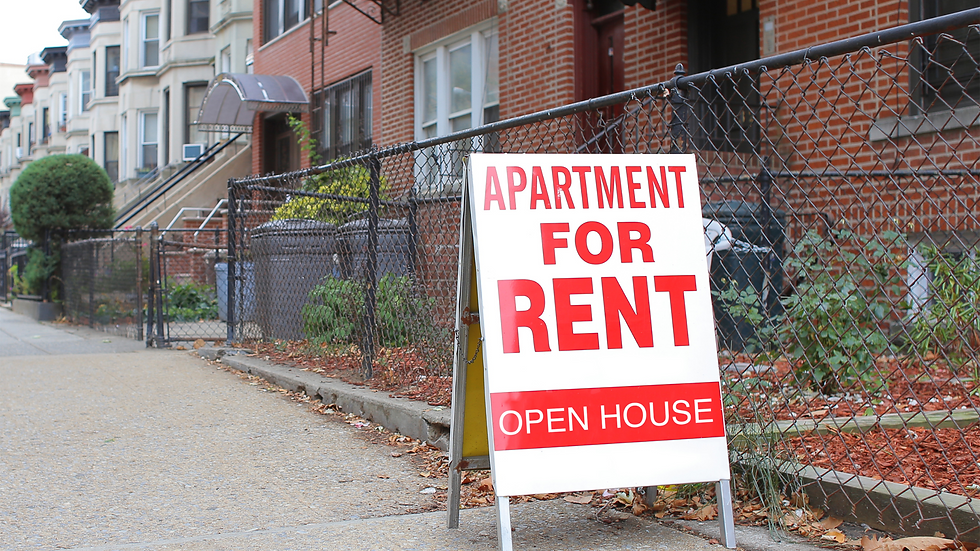Understanding Your Rental History: Addressing Negatives & Building a Strong Future
- Jasmine Trespecio
- Aug 1, 2023
- 3 min read

Whether you're a seasoned renter or a first-time tenant, having a positive rental history is crucial when seeking a new place to live. Landlords and property managers often review rental histories to assess an applicant's reliability and responsibility as a tenant. In this blog, we will guide you through the process of checking your rental history, understanding what it means, and how to improve it if necessary. Let's dive in!
Part 1: Understanding Your Rental History
Your rental history is a compilation of your past rental agreements, payment records, and interactions with previous landlords. It plays a significant role in determining your eligibility for future rentals. Here's how to access and review your rental history:
1. Contact Previous Landlords: Start by contacting your previous landlords or property management companies. Request a rental history report that outlines your tenancy duration, rental amounts, and any late payments or breaches of the lease agreement.
2. Rental History Reports: Several agencies compile rental history reports. One of the major agencies is LexisNexis, which provides a "Rental History Report" that landlords may use to screen applicants. You can request a copy of your report from their website or through mail.
3. Assess Your Report: Once you have the rental history report, carefully review it for accuracy. Check for any discrepancies or incorrect information that might adversely affect your chances of securing a new rental.
Part 2: Addressing Negative Rental History
If you find negative items on your rental history report, don't panic. There are steps you can take to address and improve it:
1. Identify and Rectify Errors: If you spot any errors in your rental history report, promptly dispute them with the reporting agency. They are legally required to investigate and correct any inaccuracies.
2. Negotiate with Previous Landlords: If you had a few late payments or minor issues during your tenancy, consider reaching out to your previous landlords. Explain the situation and politely request them to update the information or provide a reference that highlights your responsible behavior.
3. Add Positive References: If you have a good relationship with neighbors or previous roommates, ask them to provide character references. Positive references can balance out negative entries on your rental history report.
4. Offer a Co-Signer or Higher Deposit: If your rental history is less than ideal, you can offer a co-signer with a strong rental history or a higher security deposit to reassure potential landlords.
Part 3: Building a Strong Rental History
If you have limited or no rental history, there are steps you can take to build a positive track record:
1. Pay Rent on Time: Always prioritize paying your rent on time. This demonstrates financial responsibility and reliability as a tenant.
2. Communicate Effectively: Maintain open communication with your landlord. If you foresee any difficulties in paying rent or have any concerns, discuss them proactively.
3. Follow Lease Terms: Respect the terms of your lease agreement, including rules on pet ownership, maintenance responsibilities, and noise levels.
4. Leave on Good Terms: When you move out, ensure you leave the property in good condition and provide proper notice to your landlord. A positive exit sets the stage for a good rental reference in the future.
Your rental history mirrors your conduct as a tenant and holds immense significance in securing future rentals. Knowing how to review your rental history and making efforts to enhance it will significantly boost your chances of finding your dream rental property. Remember, being a responsible renter not only benefits landlords but also guarantees a positive and hassle-free living experience for you as a tenant. So, here's to happy renting!
Disclosure: For Change Financial only recommends products we would use ourselves. All opinions expressed here are our own. This page may contain affiliate links and we may earn a small commission, at no extra cost to you. Read our full privacy policy on our website.




Comments